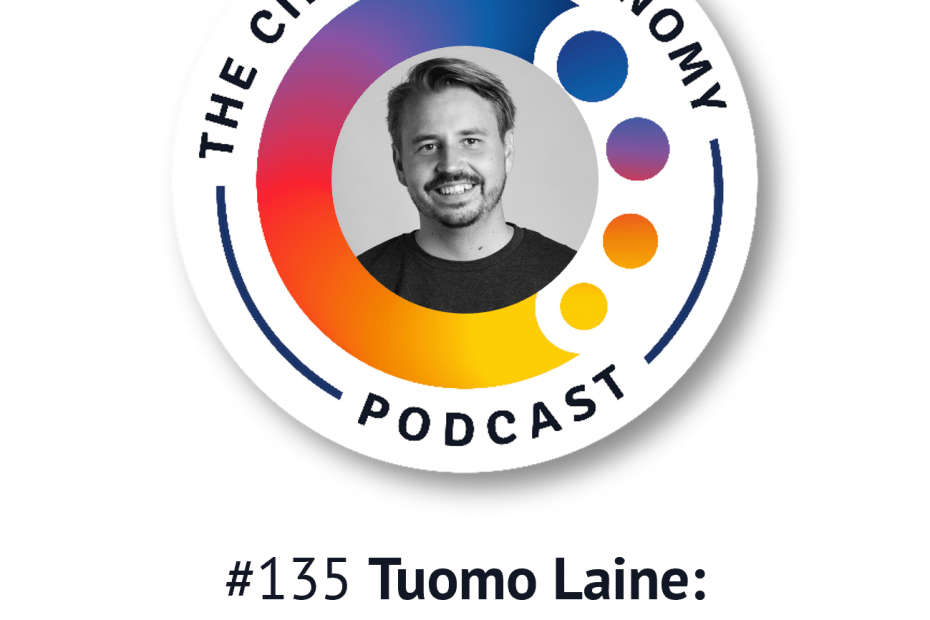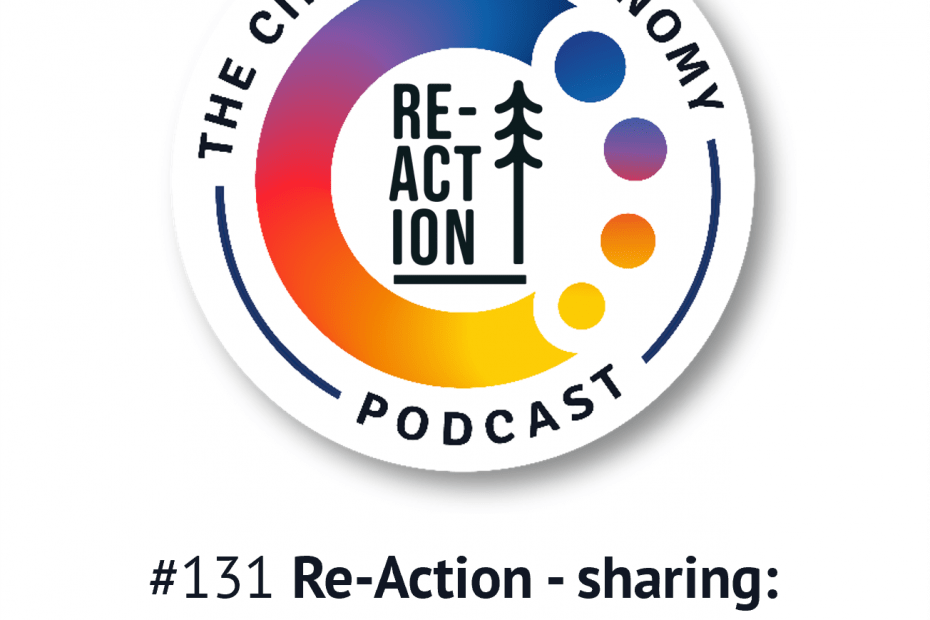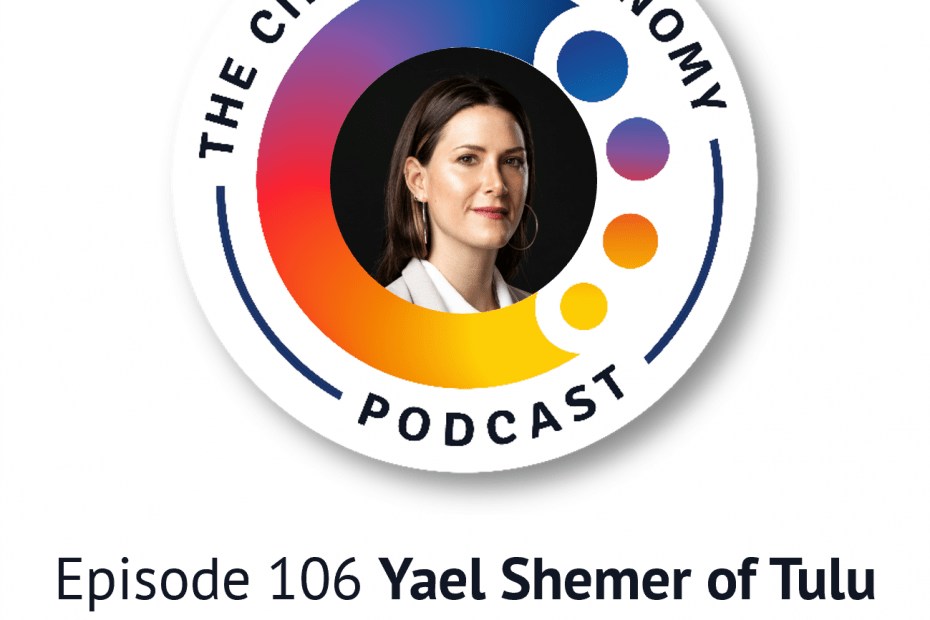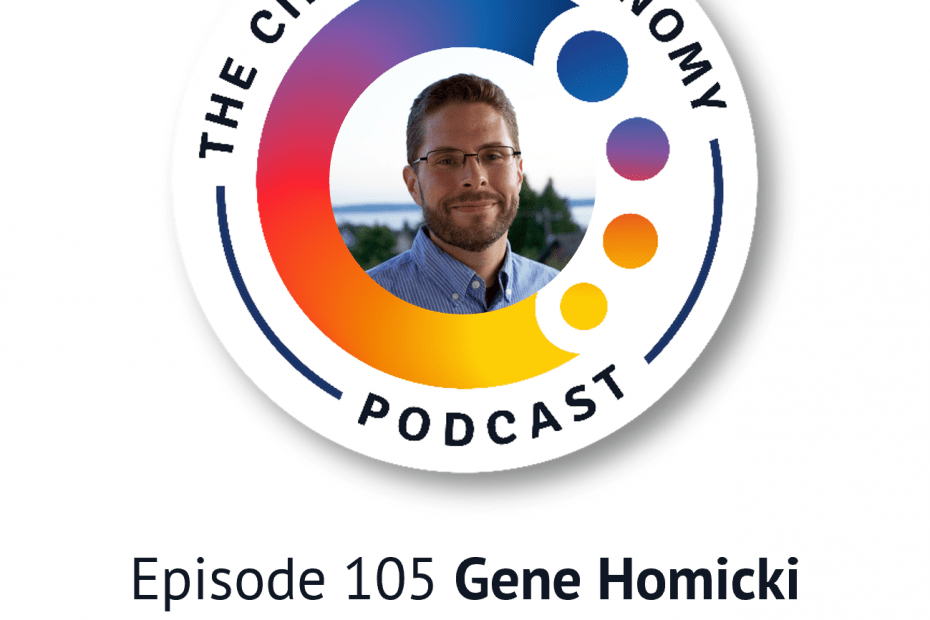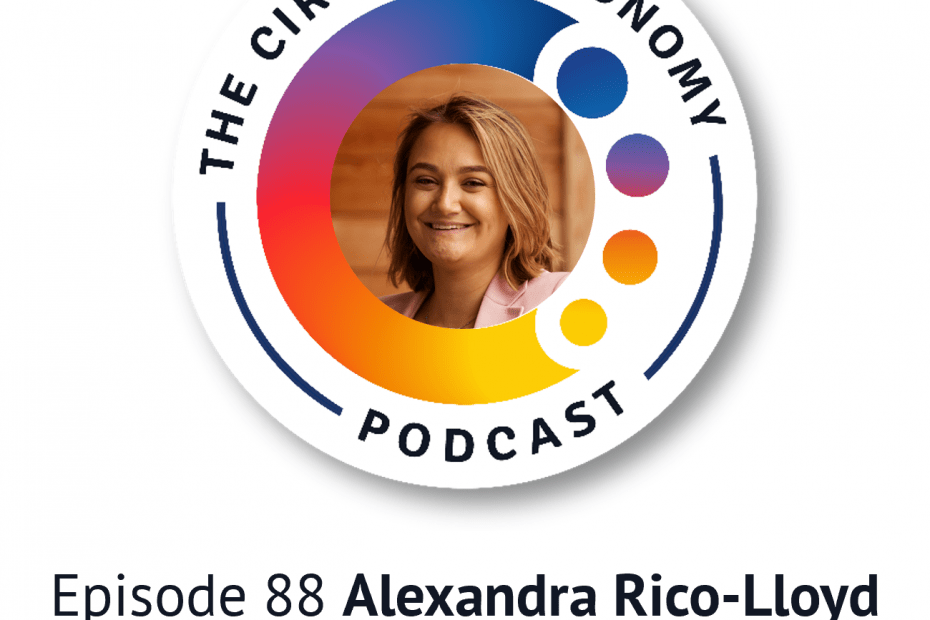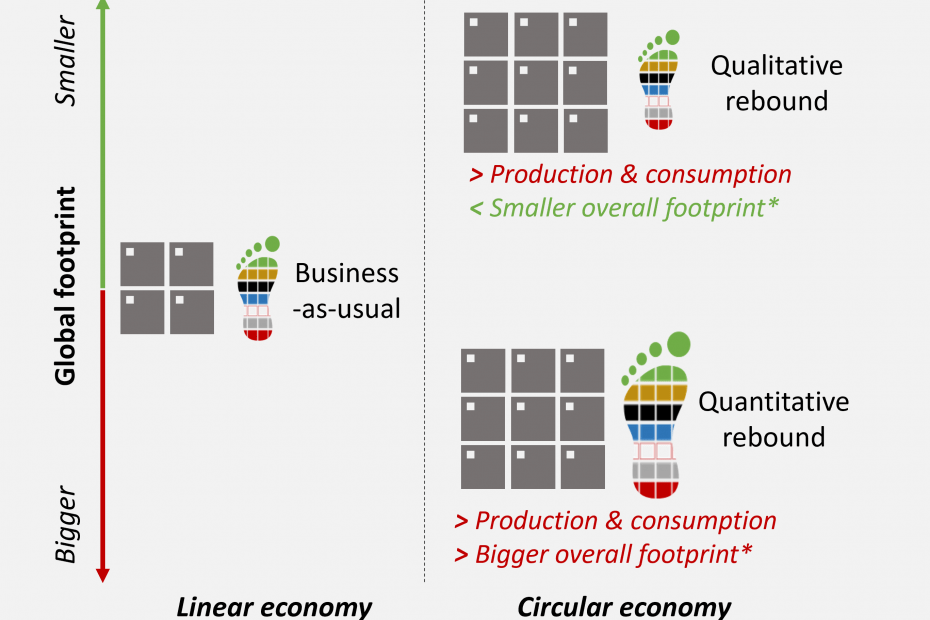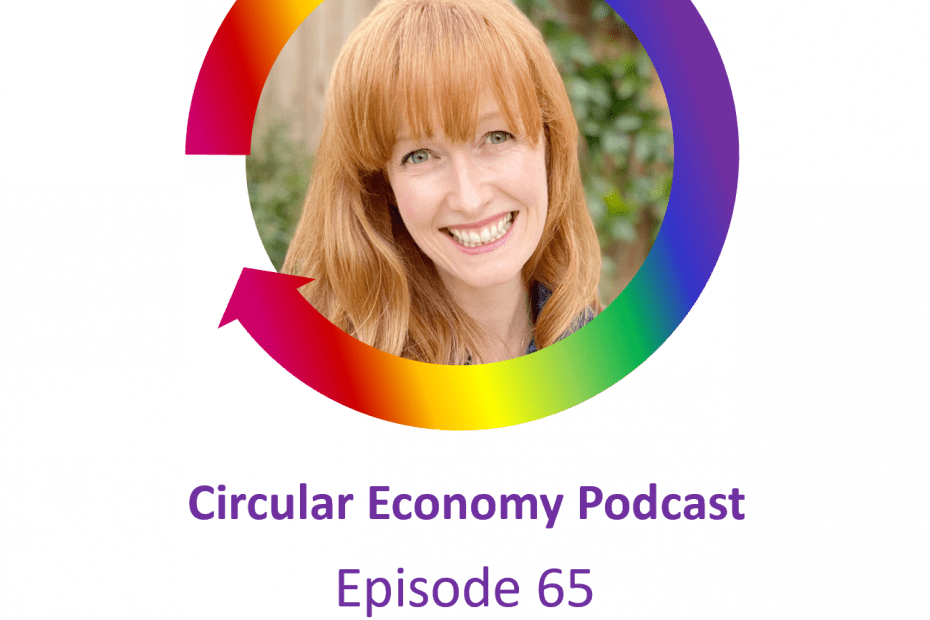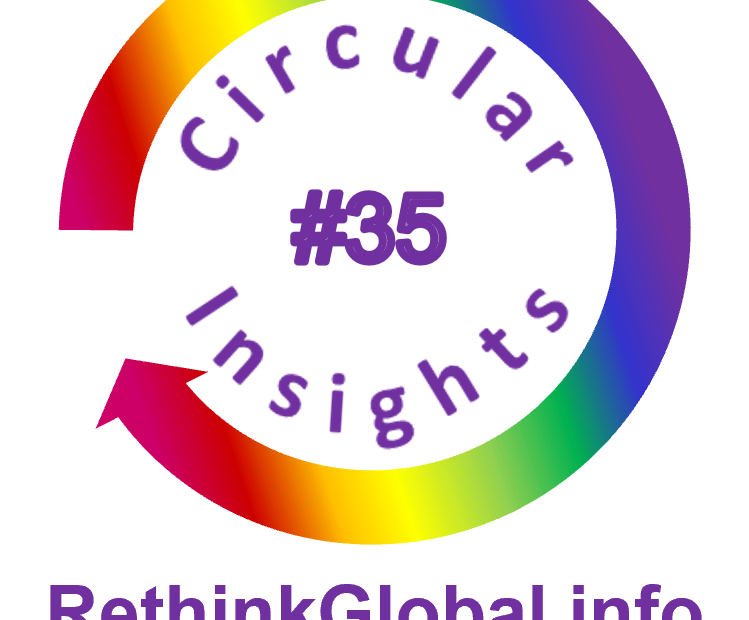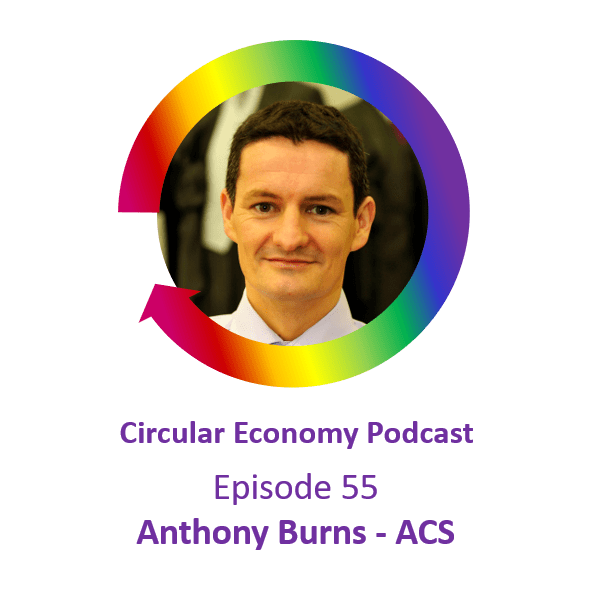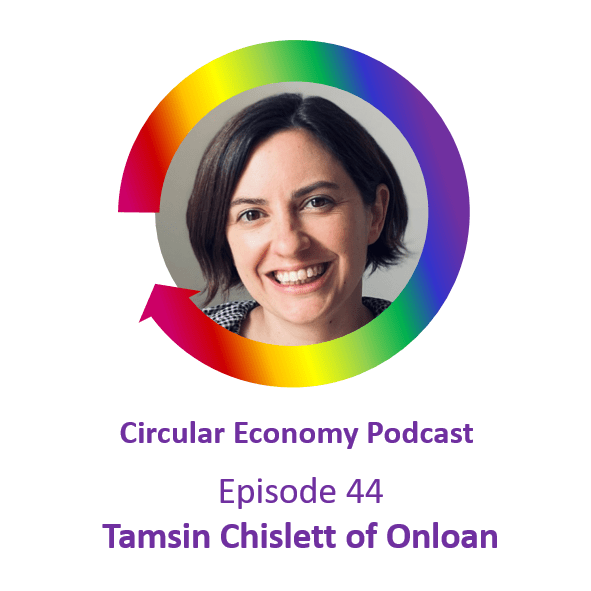135 Tuomo Laine: unlocking circular business models
Tuomo Laine is the CEO and co-founder of Twice Commerce, which provides software to help its clients unlock a range of circular business models.
Tuomo is known for being straightforward and action-oriented, and for his dedication to using entrepreneurship for societal good. He is a member of the Unreasonable Group Fellowship, and is occasionally invited to lecture at Aalto University, to share his venture building experiences.
Twice Commerce’s mission is to uncouple economic growth from the extraction of new materials, and it helps a broad spectrum of clients, from large retailers to individual sellers.
The platform aims to enhance the value of any kind of object – by extending product lifecycles, unlocking more usage and sales from each item, conserving resources, improving value chain gross margin and reducing the need for new manufacturing. This is all about creating more value through circularity, not finding ways to reduce quality or reduce the pay for workers.
Twice Commerce’s clients include Decathlon, Rab Outdoors, Intersport, Motonet and many others, covering clothing, outdoor equipment, tools and much more, and by enabling improvements to the bottom line, Twice Commerce helps clients align profitability with environmental stewardship.
Tuomo and his colleagues are getting to the crux of how to redesign the typical one-way commerce software to facilitate circular solutions and to address the elements that are adding cost, complexity or dysfunctionality.
This is all about unlocking productivity – not just labour productivity, but thinking about how to leverage more value from the inputs you’ve invested in every unit that comes off the production line.
